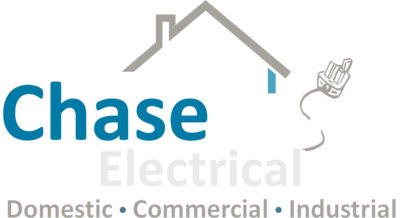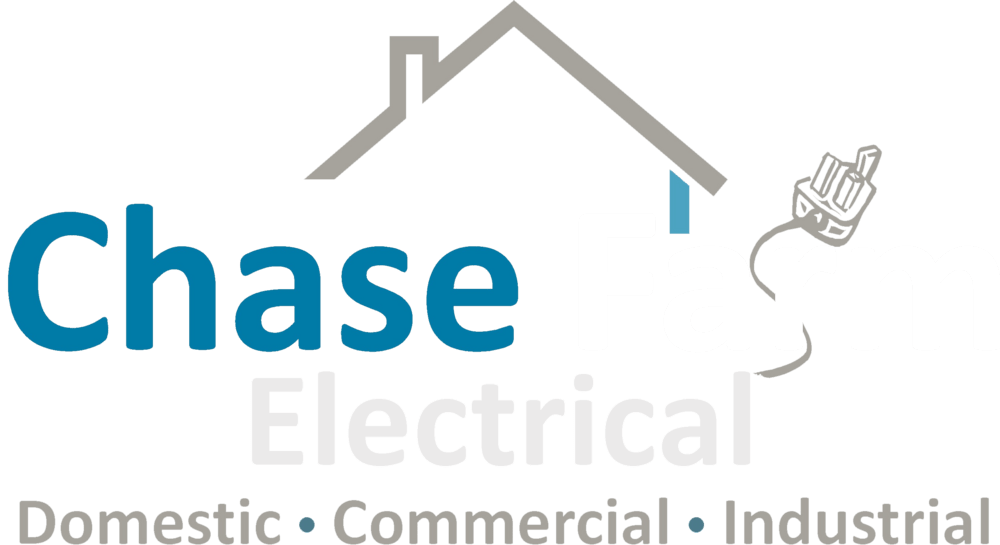
posted 30th August 2025

EICR Check UK Guide: Costs, Legal Requirements & How It Works
An EICR check is a safety inspection of your property’s electrical installation. This guide explains what it involves, who needs one, and how often testing is required.
Whether you’re a homeowner, landlord, or business in Hampshire, understanding your EICR report helps you stay compliant and safe. We’ll break down what an EICR actually covers, how results are recorded, and what to do if issues are flagged. With clear steps and examples, this article makes electrical safety simple.
NICEIC Certification
Work with qualified electricians who adhere to the latest standards.
Transparent Pricing
Clear, upfront costs with no hidden fees.
Customer Satisfaction
Our NIC EIC Platinum Promise ensures peace of mind with every project.
Proven Expertise
Trusted by Hampshire homeowners for over 15 years.

If you’ve been told you need an EICR check, this guide explains what it is, who needs one and how the process works. An EICR (Electrical Installation Condition Report) assesses the safety of your fixed wiring against BS 7671.
Why EICRs matter
EICRs identify deterioration, damage and non-compliances before they become dangerous. For landlords, regular inspection is a legal duty; for businesses it’s a key part of electrical safety management.
What happens during an EICR?
We visually inspect the installation and test circuits to verify earthing, bonding and disconnection times. Findings are coded (C1, C2, C3, F/I) so you know what’s unsatisfactory and what’s advisory.
How Long Does an EICR Check Take?
The time required for an EICR inspection depends on the property’s size and condition. A straightforward domestic property may take 2–4 hours, while larger commercial buildings can take a full day or more.
During the inspection, our electricians will carefully test circuits, check safety devices, and identify any unsatisfactory connections or aged components. At the end, we provide a full written report outlining whether the installation is satisfactory or if remedial work is needed.
How often do you need an EICR?
- Owner-occupied homes: typically every 10 years or change of occupancy
- Private rentals (England): at least every 5 years or tenancy change
- Commercial: interval based on premises type and risk assessment
Commercial EICR in Southampton
How long does an EICR take and what does it cost?
The cost of an EICR check depends on the size and type of property. For a small flat or one-bedroom house, you can usually expect to pay around £120–£150. Larger homes, rental portfolios, and commercial premises can range from £150 upwards depending on the number of circuits tested.
At Chase Farm Electrical, we provide fixed, transparent prices so you know the full cost before booking. Every EICR includes a digital certificate and a clear breakdown of any remedial works that may be required.
Do I Need an EICR for Selling a House?
Yes — if you are selling your home, an up-to-date EICR can reassure buyers that the property is electrically safe. While not always a legal requirement, many mortgage lenders and solicitors now request one. Having a current EICR report in place can make the selling process smoother and give potential buyers extra confidence.
How Often Should an EICR Be Carried Out?
An EICR should normally be carried out every 3-5 years for owner-occupied homes and every 5 years for rental properties. Landlords must also arrange an EICR at the start of each new tenancy. Commercial premises usually require testing every 5 years, although certain environments such as schools or factories may need more frequent inspections.
Booking your EICR
We’re an NICEIC Approved Contractor covering Winchester, Southampton and surrounding areas. Get a quote and we’ll confirm a time that suits you.
Book your EICR check today — fast scheduling and clear, actionable reports.






